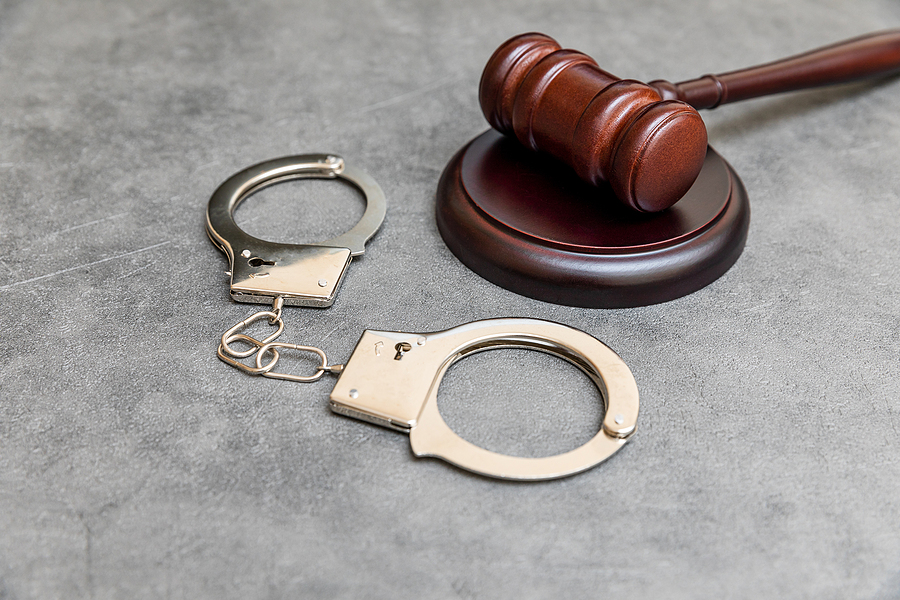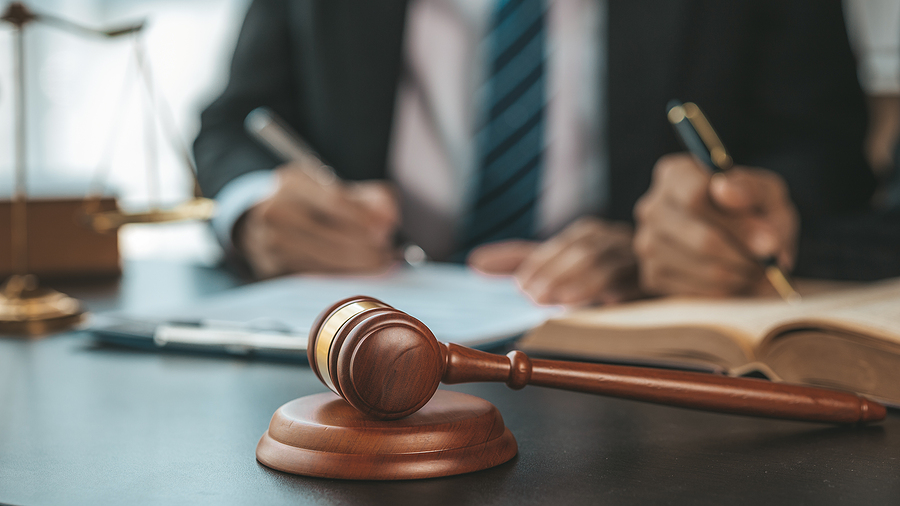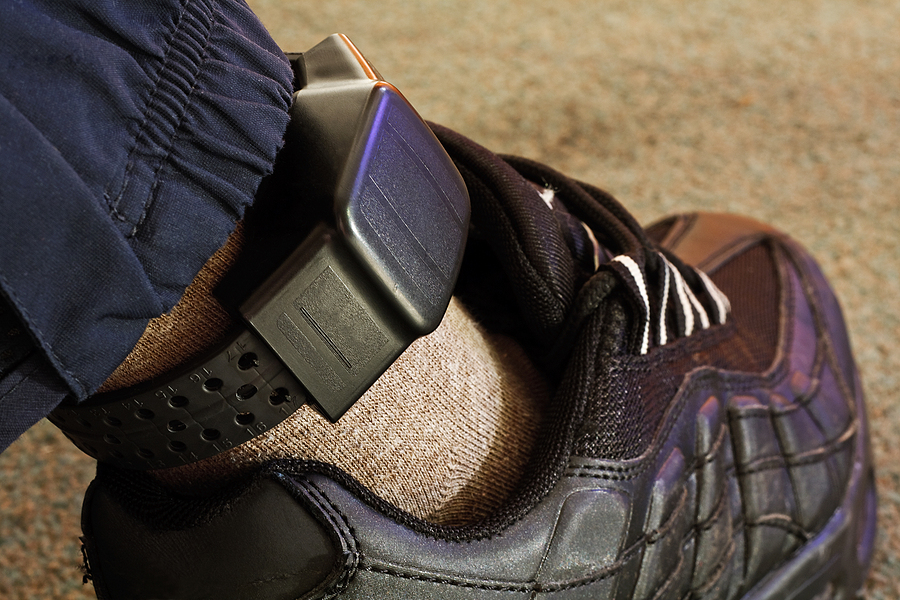Most people have heard the famous phrase “You have the right to remain silent” countless times on television and in movies. Yet despite its cultural prominence, Miranda Rights remain one of the most misunderstood aspects of criminal law. Many believe police must recite these warnings the moment handcuffs click shut, while others think failing to hear them guarantees freedom from prosecution.
The reality is far more nuanced. Understanding when police officers are legally required to read Miranda Rights—and when they’re not—can make the difference between protecting your constitutional rights and inadvertently compromising your defense. Whether you’re facing criminal charges, supporting a loved one through legal troubles, or simply want to understand your rights during police encounters, knowing these legal requirements is essential.
This guide will clarify exactly when Indiana law enforcement must inform you of your Miranda Rights, explore common misconceptions that could put you at risk, and provide practical advice for protecting yourself during police interactions.

The Miranda Warning Explained
Miranda Rights stem from the landmark 1966 Supreme Court case Miranda v. Arizona, which established that suspects must be informed of specific constitutional protections before custodial interrogation. The warning typically includes four essential elements:
- The right to remain silent. This protects your Fifth Amendment right against self-incrimination, meaning you cannot be forced to provide testimony that could be used against you in court.
- Anything you say can and will be used against you in court. This warning emphasizes that your statements aren’t confidential and may become evidence in your prosecution.
- The right to have an attorney present during questioning. This ensures access to legal counsel, which is fundamental to a fair defense under the Sixth Amendment.
- If you cannot afford an attorney, one will be appointed for you. This provision guarantees legal representation regardless of your financial situation.
Each component serves a crucial purpose in protecting individuals from coerced confessions and ensuring they understand the potential consequences of speaking without legal representation. These warnings aren’t mere formalities—they’re constitutional safeguards designed to level the playing field between individuals and law enforcement.
Custody and Interrogation: The Two Triggers
Police officers are only required to read Miranda Rights when two specific conditions exist simultaneously: 1) the person must be in custody and 2) subjected to interrogation. Missing either element means Miranda warnings aren’t legally necessary.
Understanding Legal Custody
Custody doesn’t simply mean being arrested. Instead, Indiana courts apply an objective test to determine whether a reasonable person in the suspect’s position would feel free to leave. The Indiana case Swan v. State clarifies this standard, focusing on the totality of circumstances rather than formal arrest status.
Factors courts consider include:
- Whether the person was physically restrained
- The location and atmosphere of questioning
- The duration of detention
- The number of officers present
- Whether the person was told they were free to leave
For example, being stopped briefly for a traffic ticket typically doesn’t constitute custody, even if you feel unable to leave. However, being transported to a police station and questioned in a locked room likely meets the custody threshold.
Defining Interrogation
Interrogation encompasses more than direct questioning. It includes any words or actions by police that they should reasonably know are likely to elicit an incriminating response. This could include:
- Direct questions about the alleged crime
- Comments designed to provoke a reaction
- Confronting suspects with evidence or witness statements
- Routine administrative questions like asking for your name, address, or date of birth during booking don’t qualify as interrogation, even if you’re clearly in custody.
Talk to a Skilled Criminal Lawyer Today
Exceptions to the Miranda Rule
Several important exceptions allow police to question individuals in custody without providing Miranda warnings:
Public Safety Exception
When public safety is at immediate risk, officers may ask questions necessary to protect the community without first reading Miranda Rights. For instance, asking “Where is the gun?” after arresting an armed suspect in a crowded area would likely fall under this exception.
Routine Booking Questions
Standard administrative questions asked during the booking process—such as basic identifying information—don’t require Miranda warnings because they’re not considered interrogation about the alleged crime.
Voluntary Statements
If you spontaneously make statements without being questioned, these can typically be used as evidence even without Miranda warnings. The key is that police didn’t actively elicit the response through interrogation.
What Happens if Miranda Rights Aren’t Read?
Contrary to popular belief, failing to receive Miranda warnings doesn’t automatically dismiss your case. However, it can have significant consequences for the prosecution’s evidence.
When police violate Miranda requirements, any statements you made during custodial interrogation may be suppressed—meaning they cannot be used against you in court. This suppression can severely weaken the prosecution’s case, particularly if your statements were crucial evidence.
The “fruit of the poisonous tree” doctrine may also apply, potentially excluding additional evidence discovered as a direct result of your illegally obtained statements. However, this doctrine has limitations, and prosecutors may still proceed with other evidence.
It’s important to understand that Miranda violations don’t provide blanket immunity. You can still be convicted based on physical evidence, witness testimony, or statements made outside the custodial interrogation context.
Clearing Up Common Misconceptions
Let’s address several widespread misunderstandings about Miranda Rights:
❌Misconception: Police must read Miranda Rights at the time of arrest.
Reality: Miranda Rights are only required when both custody and interrogation occur together. You can be arrested and processed without hearing these warnings if police don’t question you.
❌Misconception: Your case is automatically dismissed if police don’t read Miranda Rights.
Reality: The case may continue, but illegally obtained statements typically cannot be used as evidence against you.
❌Misconception: Miranda Rights are required during any police questioning.
Reality: If you’re not in custody, police can question you without providing Miranda warnings, even if the questioning becomes intense.
❌Misconception: Invoking your right to remain silent automatically dismisses your case.
Reality: Remaining silent is your constitutional right, but it doesn’t end the case. Prosecutors must simply build their case without your statements.
Understanding these realities helps you make informed decisions during police encounters and avoid potentially harmful assumptions about your legal protections.
Protecting Your Rights During Police Encounters
Knowledge of Miranda Rights is only valuable if you know how to apply it practically. Here’s how to protect yourself:
- Clearly invoke your rights. If detained by police, explicitly state “I want to remain silent” and “I want a lawyer.” Ambiguous statements may not provide adequate protection.
- Don’t rely on police to inform you of questioning. Even without formal interrogation, casual conversation with officers can become evidence against you.
- Understand that silence cannot be used against you. Your refusal to answer questions cannot be presented as evidence of guilt in Indiana courts.
- Document the encounter if possible. Note whether you were read your Miranda Rights, when questioning occurred, and the circumstances of your detention.
Remember that these constitutional rights exist whether or not police inform you of them. You can invoke your right to remain silent and request an attorney at any point during a police encounter, regardless of whether you’ve been Mirandized.
In Summary
Miranda Rights represent a fundamental protection against self-incrimination, but they only apply under specific circumstances involving both custody and interrogation. Understanding when these warnings are required—and when they’re not—empowers you to make informed decisions during police encounters.
The stakes are simply too high to navigate criminal charges without proper legal guidance. If you believe your Miranda Rights were violated, or if you’re facing any criminal charges in Indiana, consulting with an experienced criminal defense attorney should be your immediate priority.
Don’t let misconceptions about Miranda Rights compromise your defense. Contact Attorney David E. Lewis today to discuss your specific situation and ensure your constitutional rights are fully protected throughout the legal process.
Talk to a Lawyer for Free Right Now
Related Post: Detained or Under Arrest? Understanding Your Legal Rights in Indiana









